UK Implements Stringent Visa Measures for Hiring Foreign Labour

The UK government has implemented new policies to decrease the overall number of immigrants entering the country.
This initiative, spearheaded by the Home Office, aims to cultivate domestic talent and address ongoing debates surrounding immigration's impact on the UK labour market. At the heart of this strategy is a targeted approach to sectors heavily dependent on overseas workers, including information technology, telecommunications, engineering, and healthcare. These industries have historically struggled to fill positions with local talent, leading to an overreliance on international recruitment. To address this issue, the Migration Advisory Committee (MAC) will conduct annual assessments of these sectors, providing insights and recommendations to encourage the hiring of homegrown professionals.
This scrutiny is designed to foster a more self-sufficient workforce and reduce dependence on foreign labour. In tandem with these sector-specific measures, the government is bolstering visa sponsorship rules. UK Visas and Immigration (UKVI) will intensify investigations into sponsorship practices to prevent system abuse. Employers found in violation of these rules may face severe penalties, including the suspension or revocation of their licenses to employ foreign workers. This increased oversight aims to ensure fair treatment of foreign nationals while maintaining the integrity of the immigration system. The Home Secretary's strategy emphasizes the integration of migration policies with skills and labour market initiatives.
Employers are being urged to invest in training and upskilling the domestic workforce through partnerships with entities such as Skills England and the Department for Work and Pensions. This collaborative approach seeks to create a more skilled labour force capable of filling gaps left by foreign workers, thereby reducing the need for international hires and ensuring sustainable employment opportunities for UK citizens. A key component of the new measures is the substantial increase in the minimum salary requirement for Skilled Worker visa applicants. Starting April 2024, the threshold will rise from £26,200 to £38,700.
This adjustment is designed to attract higher-skilled professionals who can make significant contributions to the UK economy while simultaneously decreasing the influx of foreign workers in lower-skilled roles. The MAC's role in conducting yearly reviews of sectors reliant on migrant workers is crucial to the success of these initiatives. These assessments will evaluate current labour market dynamics and recommend strategies to address skill gaps through enhanced domestic training initiatives. The first of these reports is expected by May 2025. The ramifications of these policy changes are expected to be significant for both current UK work visa holders and prospective foreign job seekers.
The stricter scrutiny on visa sponsorship and increased employer responsibilities may make obtaining and maintaining work visas more challenging. Additionally, the emphasis on domestic skill development is likely to intensify competition for jobs as UK citizens vie for positions previously available to foreign applicants. Industries that have heavily relied on foreign talent will need to reassess their recruitment strategies and invest more substantially in talent development programs. As these policies unfold, organizations must remain adaptable to navigate a changing workforce landscape characterized by stricter immigration controls.

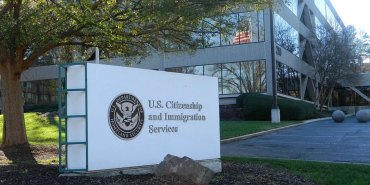





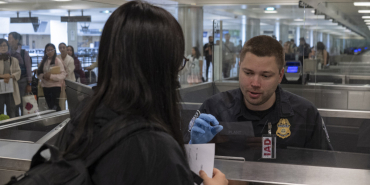
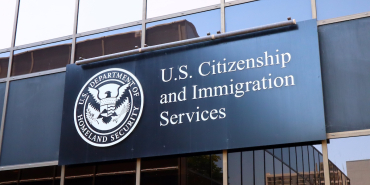
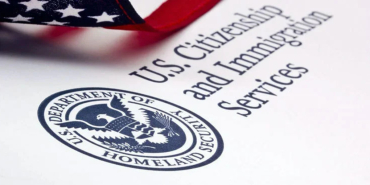


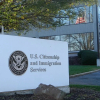

Add new comment